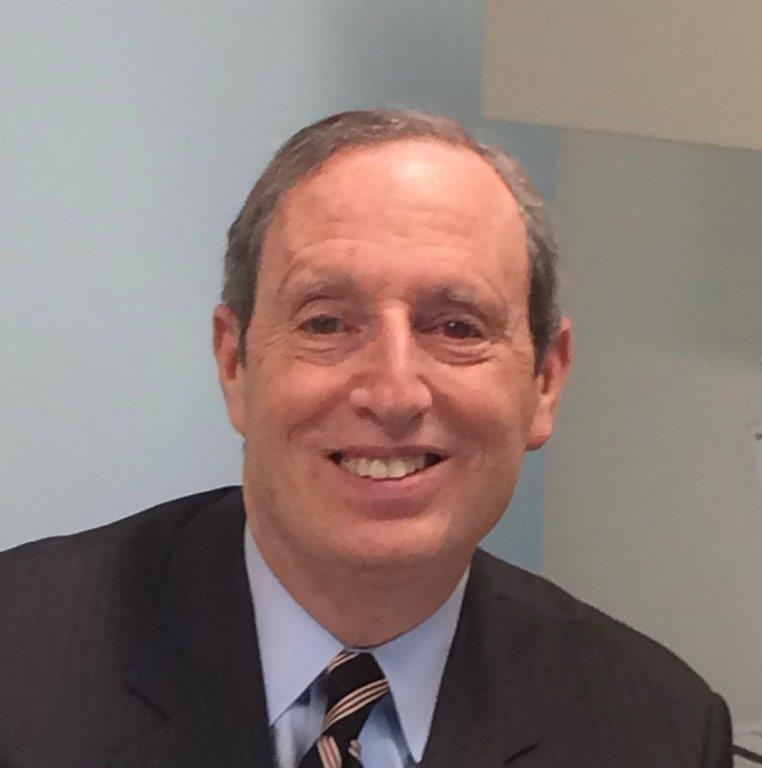
Herb Chain
Shareholder, Mayer Hoffman McCann P.C. Deputy Technical Director, Global Audit Group, Kreston Global
Herb is a highly experienced auditor and is a financial expert with over 45 years of experience in business, accounting, and audit, having served as a Senior Audit Partner at Deloitte. He holds certifications from the National Association of Corporate Directors and the Private Directors Association, with knowledge of private company governance and effective risk management. He has extensive knowledge in the financial services sector, including asset management and insurance.
Contact Herb here
Auditor role in financial statement fraud prevention
August 1, 2023
Auditors have a significant role in financial statement fraud prevention. Herbert M Chain, Deputy Technical Director at Kreston Global Audit Group and Shareholder at Mayer Hoffman McCann P.C. in the US, believes auditors serve as the sentinels, ensuring the accuracy and fairness of financial statements for regulators, stakeholders, and the public. He recently shared his thoughts with Bloomberg Tax. Read the full article here, or the summary below.
What is the financial impact of fraudulent activities?
Financial fraud remains a pervasive menace to the global economy, causing substantial damage to businesses and the economy. As noted by the Association of Certified Fraud Examiners, financial statement fraud, while being the least frequent (at 9%), was the most expensive source of financial damage in 2022, with a median loss of $593,000.
Financial statement fraud isn’t just about misrepresenting earnings or misappropriating assets. It can also be driven by attempts to manage tax liability, with parties distorting their income through manipulation, misrepresentation, or evasion to shrink their tax responsibilities. This correlation between tax reporting and financial statement fraud emphasises the necessity for robust internal controls, thorough auditing practices, and vigorous regulatory oversight.
What are the professional responsibilities of external auditors?
External auditors carry the weighty responsibility of identifying and responding to the risk of significant misstatement in financial statements due to fraud. Professional standards such as the American Institute of Certified Public Accountants AU-C Section 240 and the International Standard on Auditing 240 guide the responsibilities of auditors.
Though regional and terminology differences may exist, these standards largely define financial statement fraud as intentional acts that lead to significant misstatements in financial statements or misappropriation of assets. They underline the need for auditors to maintain professional scepticism, exercise sound judgment, and obtain sufficient evidence to ensure that financial statements are free from material misstatements caused by fraud or error.
The auditor’s toolkit: Mitigating fraud risk
To effectively counter fraud at the audit engagement level, auditors must familiarise themselves with tools like the fraud triangle, which helps assess fraud risks. This conceptual framework, developed by criminologist Donald R. Cressey, considers three key elements that could increase fraud risk: incentive/pressure, opportunity, and rationalisation/attitude.
However, strong internal controls can be bypassed or overridden by management, leading to material misstatements in financial statements. To address this risk, auditors must understand the control environment, assess the design and implementation of internal controls, analyse journal entries, accounting policies, and adjustments, and incorporate unpredictability into the audit procedures.
Encouraging team engagement to detect fraud
One of the key tactics to identify and respond to fraud risks is to encourage brainstorming sessions within the engagement team. These discussions facilitate the sharing of knowledge, experiences, and insights, and allow for the development of staff members.
The engagement team must prepare before the sessions, encourage open discussions, emphasise the need for professional scepticism, focus on unusual transactions, and document and follow up on all identified fraud risks and related audit procedures.
In this ever-evolving financial landscape, it is our duty as auditors to uphold the integrity of financial reporting, thus contributing to a stable economy and instilling trust in external stakeholders.

